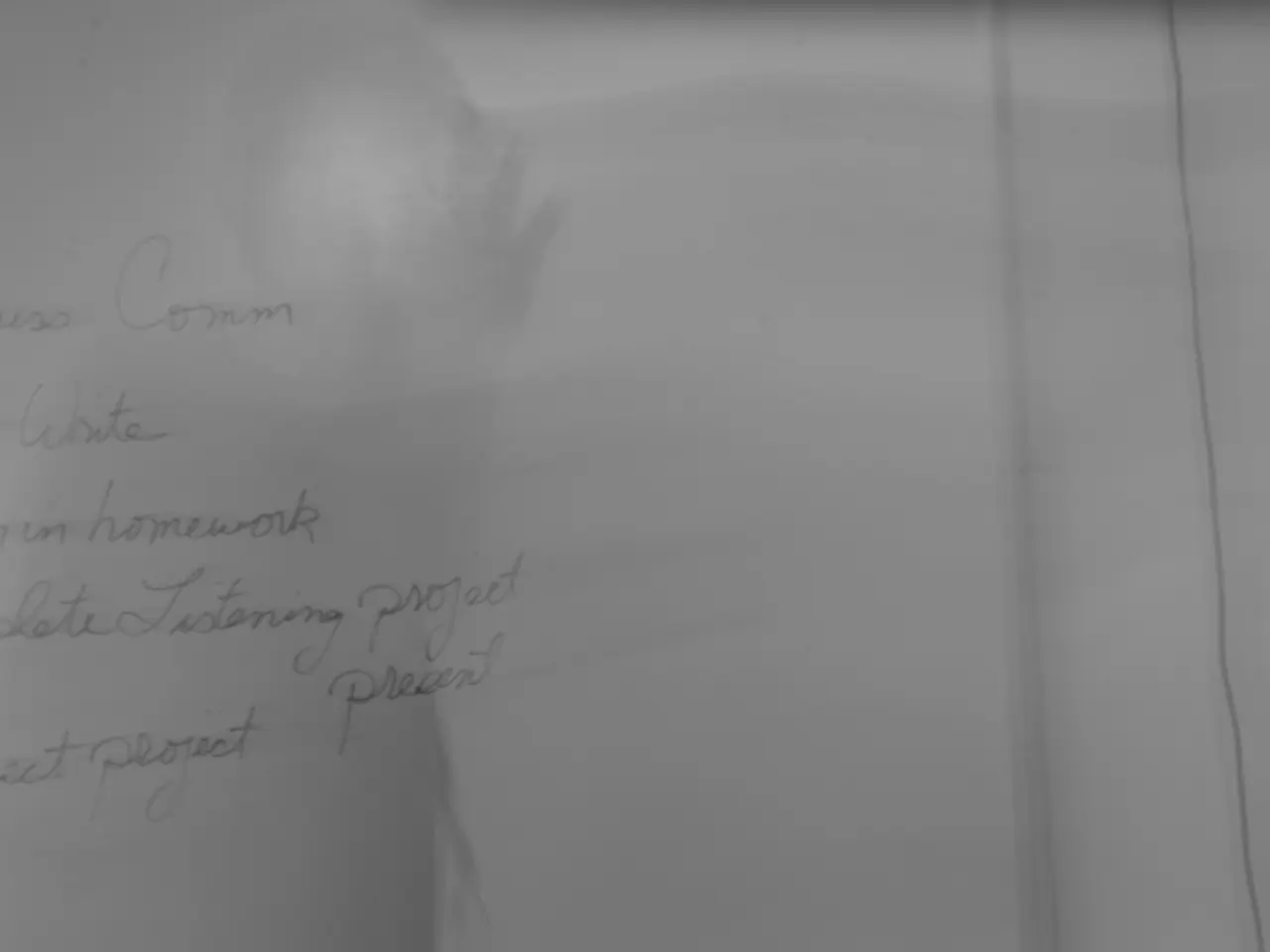Banking officials in Alabama and Tennessee are embroiled in stolen funds scandals
Bank Employee Embezzlement: Severe Consequences in the U.S.
In the United States, bank employees who embezzle funds face severe federal criminal penalties, including imprisonment, fines, and prohibition from working in the banking industry. This was recently demonstrated in two separate cases involving Kellie L. Johnson and Khalila Cooper.
Kellie L. Johnson, a former First Community Bank vice president, has been sentenced to five years in prison and five years of supervised release for embezzling approximately $2.3 million from the bank between July 2013 and June 2023. Johnson made roughly 273 fraudulent ACH transactions over a decade to cover her tracks, costing the bank an additional $138,185.40 in lost interest income from the Fed account. Johnson was found guilty of embezzlement, and her scheme was discovered when the Fed contacted the bank president about an overdrawn ACH account.
In another case, Khalila Cooper, a former First Horizon banker, was banned from future work in the industry for allegedly embezzling roughly $34,000 from the bank for her personal profit. Cooper worked as a teller at the Memphis, Tennessee-based lender from October 2021 until she was fired in February 2024. During her tenure, Cooper embezzled customer funds from August 2023 until mid-February 2024. Cooper's violations involved personal dishonesty and a willful and continuing disregard for the safety and soundness of the bank.
The Federal Reserve Board issued an enforcement order against Cooper on August 7, barring her from participating in the affairs of any federally regulated financial institution. Cooper neither admitted nor denied the Fed's allegations against her. The order also includes provisions that prohibit Cooper from soliciting, procuring, transferring, or voting any proxy or authorization related to voting rights in regulated financial institutions.
The penalties for bank employee embezzlement under U.S. criminal law depend on the value of the embezzled property. For example, up to 1 year in jail is possible for amounts under $1,000, while up to 8.33 years in prison can be imposed if the property exceeds $1 million. Additional penalties may include fines, forfeiture of stolen funds, and restitution. In severe cases, offenders can also face federal prison sentences of up to 30 years.
These cases demonstrate the strict consequences that bank employees in the U.S. face when they engage in embezzlement. The federal government and regulatory agencies take such crimes seriously, and they work diligently to investigate, prosecute, and prevent such activities. Employee theft investigations may include polygraph testing under strict federal guidelines, but only when reasonable suspicion and procedural safeguards are met.
| Aspect | Details | |--------|---------| | Maximum prison penalty | Up to 30 years (federal embezzlement by bank employee) | | Additional penalties | Fines, forfeiture of stolen funds, restitution, prohibition from banking employment | | Sentencing depends on | Amount embezzled (ranges from <1 year to 8+ years in prison) | | Regulatory action | Federal Reserve enforcement orders, prohibition orders | | Investigation tools | Polygraph tests under Employee Polygraph Protection Act (with strict guidelines) |
In the context of the given text, here are the two sentences:
- The strict regulatory actions, such as prohibition orders from the Federal Reserve, can be imposed on bank employees, like Khalila Cooper, who engage in embezzlement, even if they don't admit the allegations.
- Bank employees who embezzle funds, like Kellie L. Johnson, must be prepared for severe civil penalties, including fines, forfeiture of stolen funds, restitution, and even a ban from the banking industry.




